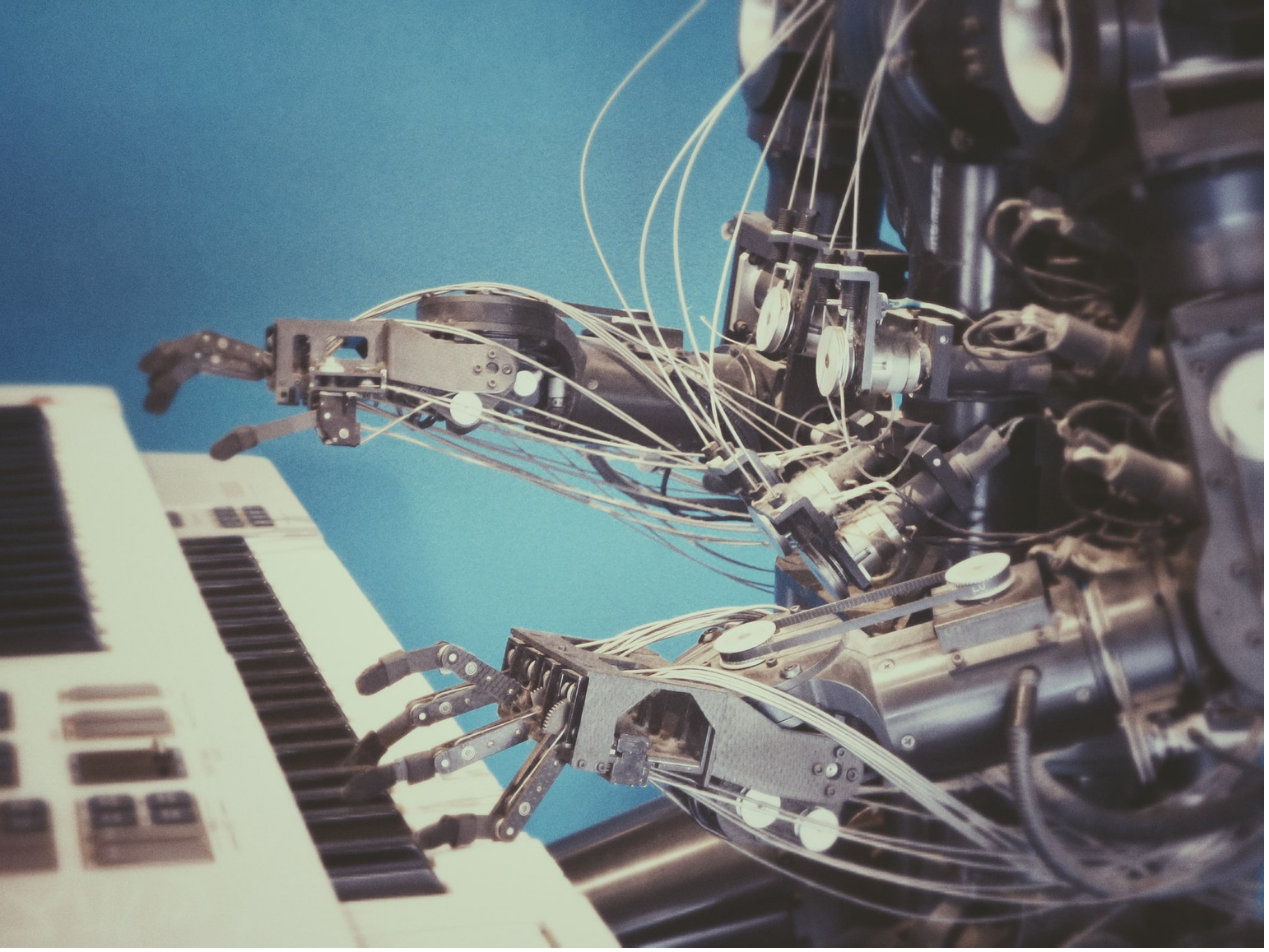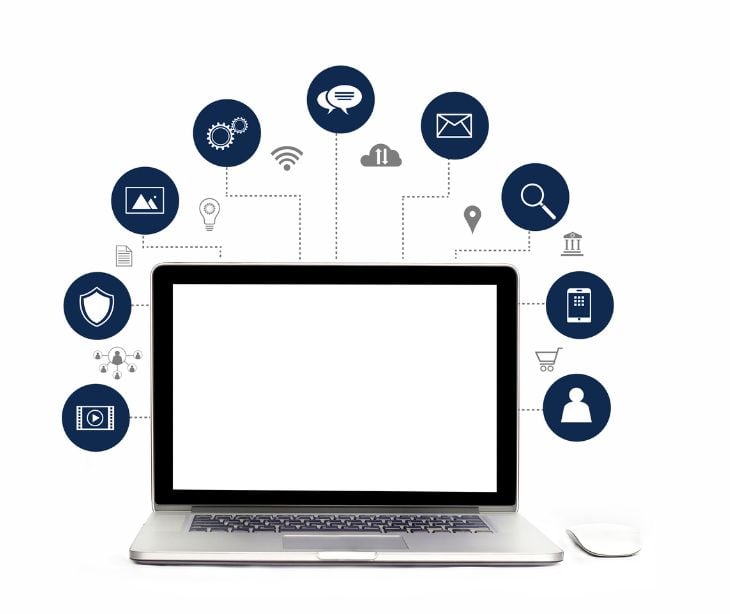
There is confusion, even in the scientific world, about the definition of Artificial General Intelligence (AGI). Most researchers agree that AGI is an intelligence system developed by humans that is equivalent to human intelligence and can learn, perceive, reason, solve problems that are new to it, and use its knowledge to solve future problems.
How an AGI system should be structured, how it will operate, and how much processing time and computational resources it might need are still open to debate. As of this writing, AGI has not yet been developed, but researchers around the world are working to create AGI systems.
Some researchers believe that true AGI will never be developed. Others are confident that future generations will enjoy the many benefits that AGI will provide.
SEE ALSO: HIPAA compliant email
AI and AGI are not the same
While AGI has not yet been developed, artificial intelligence (AI) already exists and is being used in a wide variety of ways, including in healthcare.
AI, sometimes called narrow AI or weak AI, is used to complete specific tasks, such as transcribing emails, acting as a digital virtual assistant, or playing chess. It cannot do everything a human can do, but AI can and does make life much easier in many ways.
What will AGI be used for?
Researchers envision many uses for AGI. A robot with AGI would, in theory, be capable of learning in the same way a human child does, through observation and experience. Eventually, that robot would be able to solve the same problems the human brain can solve and would thus be able to replace humans in many workplace situations.
Concerns about AGI
Some scientists and researchers argue that ethics must play a role in the development of AGI. If that does not happen, they believe, unleashing AGI upon the world might be disastrous because the AGI systems would be able to think, decide, and plan for themselves, without human control.
There is also a concern that the first country to develop AGI would suddenly become much more powerful and influential than all other nations, at least until other countries created AGI systems of their own.
How will AGI impact healthcare providers?
Narrow AI is already being used in healthcare, particularly in imaging analysis. Researchers believe that AGI could take the place of a healthcare provider in diagnosing patients and recommending treatments.
An AGI robot might be able to take over certain aspects of patient care; it could monitor patients' status and assess how well treatments are working. It could counsel patients and notify other healthcare providers of concerns and recommendations. If true AGI is ever developed, its impact on healthcare could be enormous.
Although AGI is still theoretical, narrow AI can benefit covered entities right now. Paubox Email Suite, which allows healthcare providers to send HIPAA compliant email, has an optional email AI feature that uses email AI to transcribe incoming voicemail attachments using Natural Language Processing (NLP). Healthcare providers can read the transcriptions instead of listening to audio attachments, thus ensuring that protected health information (PHI) cannot be overheard.
Subscribe to Paubox Weekly
Every Friday we'll bring you the most important news from Paubox. Our aim is to make you smarter, faster.



